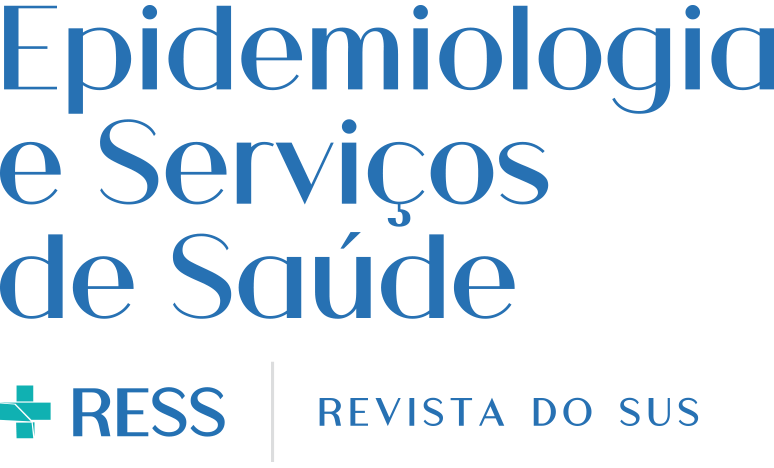Abstract
Objective:
To characterize the sociodemographic profile of beneficiaries of Brazilian social welfare affected by Chagas disease and identify factors associated with the granting of assistance benefits, 2004 to 2016.
Methods:
Cross-sectional study based on secondary data from the Ministry of Labor and Social Security. Logistical regression was performed to estimate crude and adjusted odds ratios (OR) and 95% confidence intervals (95%CI).
Results:
36,023 benefits were granted; 62.5% were to male; 67.0% to residents of urban areas; 46.7% to residents of Southeast region; 56.7% to people with chronic cardiac form; and 42.7% to the 50-59 age group. Residents of urban areas (OR = 134.9; 95%CI 78.0;233.2), Northeast macro-region (OR = 2.9; 95%CI 2.5;3.1), female (OR = 2.0; 95%CI 1.8;2.1) and age group 60 years or older (OR = 1.6; 95%CI 1,3;1,7) were factors associated with assistance benefits.
Conclusion:
Factors related to the area of residence, macro-region, sex and age group increased the chance of granting assistance benefits.
Keywords:
Chagas Disease; Social Support; Social Security; Social Welfare; Cross-Sectional Studies

 Thumbnail
Thumbnail
 Thumbnail
Thumbnail
 Thumbnail
Thumbnail
 Legend: B57 = Chagas’ disease (unspecified); B57.0 = Acute Chagas’ disease with heart involvement; B57.1 = Acute Chagas’ disease without heart involvement; B57.2 = Chagas’ disease (chronic) with heart involvement; B57.3 = Chagas’ disease (chronic) with digestive system involvement; B57.4 = Chagas’ disease (chronic) with nervous system involvement; B57.5 = Chagas’ disease (chronic) with other organ involvement; K23.1 = Megaesophagus in Chagas’ disease; K93.1 = Megacolon in Chagas’ disease.
Legend: B57 = Chagas’ disease (unspecified); B57.0 = Acute Chagas’ disease with heart involvement; B57.1 = Acute Chagas’ disease without heart involvement; B57.2 = Chagas’ disease (chronic) with heart involvement; B57.3 = Chagas’ disease (chronic) with digestive system involvement; B57.4 = Chagas’ disease (chronic) with nervous system involvement; B57.5 = Chagas’ disease (chronic) with other organ involvement; K23.1 = Megaesophagus in Chagas’ disease; K93.1 = Megacolon in Chagas’ disease.

